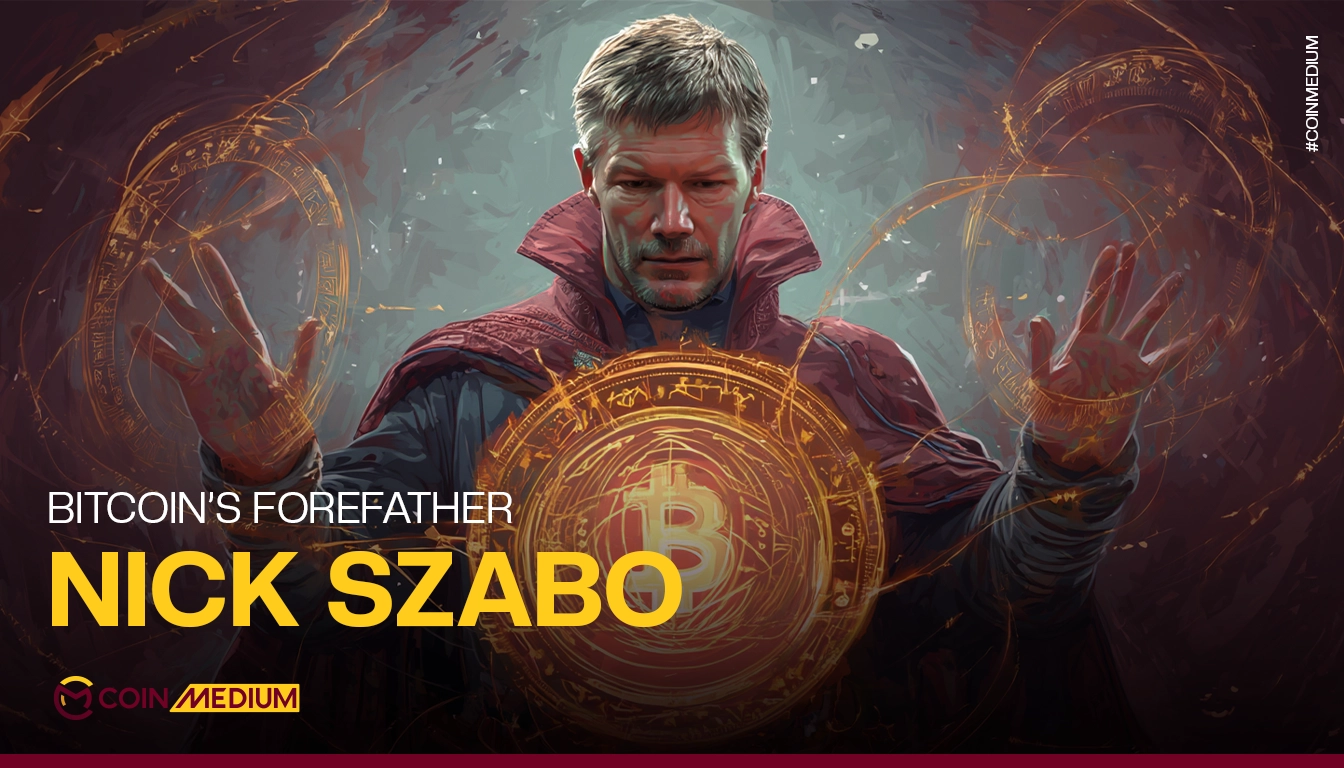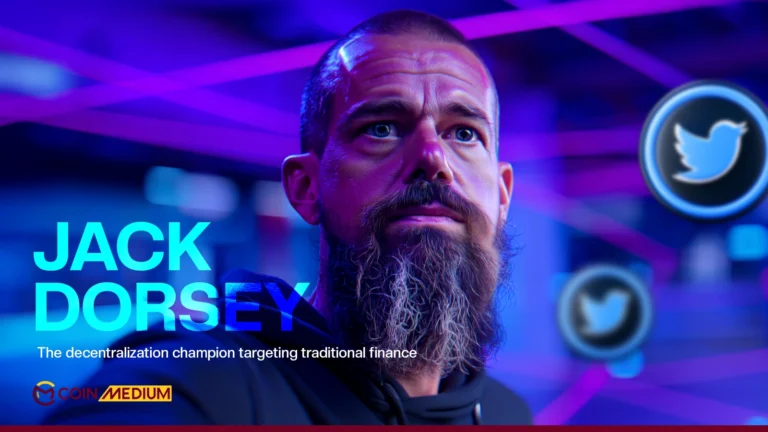In the early days of the internet, when most people were still figuring out email, one man was already imagining digital money and contracts that could enforce themselves. That man was Nick Szabo. A thinker who blends computer science with law. Szabo looked beyond the limits of banks and governments and asked questions that sounded in 1990s, but it was the key to what is known now as cryptocurrencies.
The answers he came up with were far ahead of their time. Long before Bitcoin or Ethereum entered the scene, Szabo had already outlined the concept of “smart contracts”, self-executing agreements that live on a network rather than in a filing cabinet. In 1998, he went even further with an idea called Bit Gold, which many later called the direct ancestor of Bitcoin. Although it never launched, the blueprint was there: digital currency that could exist without banks or governments.
Szabo himself has remained a quiet, almost reclusive figure. He rarely seeks the spotlight, and yet his influence keeps echoing through every corner of the crypto world. For some, he is even a favourite candidate for the mysterious Satoshi Nakamoto. He has denied the claim, but the speculation has only added to his myth. What is certain, though, is that without Nick Szabo’s early vision, the road to blockchain would have looked very different.
Szabo: The Time Traveler
Szabo’s passion for science and law led him to study computer science at the University of Washington in the late ’80s and later went on to law school at George Washington University. The path gave him a way of looking at technology through the lens of rules, contracts, and how societies organize themselves. It also made him curious about how code could stand in for written agreements.
By 1998, he was already sketching out an idea that he called Bit Gold. It wasn’t a product, not something you could actually use. More like a thought experiment written down in blog posts and notes. But the design was striking: people would “mine” units of value by solving puzzles, then link them in a chain of ownership. If that sounds familiar, it’s because a decade later Bitcoin used the same building blocks. In fact, some people still call Bitcoin “Bit Gold”.
The system never got off the ground, Szabo didn’t push it into reality. But surprisingly the concept lived on to spread among cryptographers and cypherpunks who were searching for ways to make digital money work without banks.
The Godfather of Smart Contracts
Smart contracts, that’s the phrase most people link to Nick Szabo. He started using it in the mid-1990s, way before Bitcoin or Ethereum were even ideas. What he meant was simple on the surface: agreements written in code that run automatically without any human interferance. No lawyers watching over, no middlemen checking every step. Just rules built into software. At the time it sounded like science fiction, but Szabo believed that it is the obvious future.
Almost 2 decades later, Ethereum launched in 2015 and, at its core, was exactly what Szabo had described: a network where code could carry out deals by itself. People often credit Vitalik Buterin for making smart contracts famous, which is fair, but the seed phrase of that project lies within Szabo’s pocket.
The bigger impact, though, is about trust. Normally, people lean on banks, governments, or companies to enforce rules. Szabo flipped the equation upside down. Why not let the code enforce itself? That shift in thinking opened the door to DeFi, NFTs, and a whole wave of experiments. It wasn’t just a technical trick, it was a change in mindset about how trust could work online.
Why Szabo Turned Against Ethereum
At first, Nick Szabo welcomed Ethereum as the natural extension of his smart contract vision. But over time, his stance changed. On X, he repeatedly criticized Ethereum for drifting away from decentralization, often calling it “centralized” and even labeling it a “shitcoin.” In 2019, he admitted that he had abandoned Ethereum long ago, citing poor governance and a lack of focus on trust minimization, the principle at the heart of his work.
The tensions reached a peak when Ethereum researcher Vlad Zamfir published Against Szabo’s Law, attacking the idea that blockchain protocols should remain stable unless changes were strictly necessary for maintenance. Szabo never formally claimed authorship of such a “law,” but he saw the critique as both misleading and personal. The conflict escalated into a X feud, with Szabo accusing Vitalik Buterin and the Ethereum team of tolerating centralization and even censorship. Eventually, he blocked both Vlad and Vitalik.
Szabo’s rejection of Ethereum stems from his deep-rooted belief in trust minimization, shaped by his background as the son of Hungarian refugees who fled Soviet control. His lifelong philosophy is clear: centralized systems, whether in government or technology, are prone to abuse. For him, Ethereum’s shift toward leadership-driven decision-making betrayed the very cypherpunk values it was meant to uphold.
The Visionary of Decentralized Trust
These days, Szabo isn’t building flashy startups or chasing headlines. Instead, he has taken a role as Chief Scientist at JAN3, a company focused on pushing Bitcoin adoption worldwide. He is digging into questions of how digital money fits into global trade, monetary policy, and even how entire countries might rely on Bitcoin as part of their financial systems.
Szabo is still fighting to reduce the need for trust in middlemen, banks, governments, or corporations, and replace them with transparent rules written in code. In his view, privacy and individual sovereignty remain central in almost everything he talks about.
Looking ahead, Szabo imagines a world where Bitcoin and similar technologies are not just niche tools for tech people but the backbone of everyday transactions and even national economies. Whether that future arrives soon or takes decades, Szabo’s ideas continue to shape how developers, economists, and policymakers think about the digital age.







